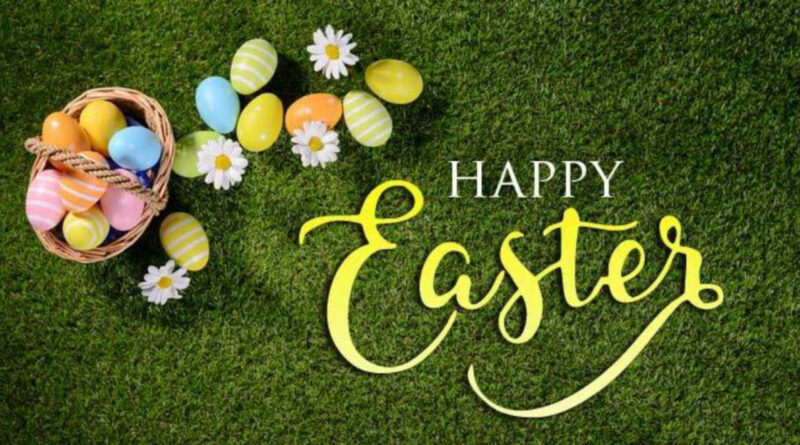History Of Easter Eggs
The tradition of Easter eggs dates back thousands of years and has its roots in pagan celebrations of spring and renewal. Today, the practice of giving and decorating eggs for Easter has become an important part of the holiday for millions of people all over the world. In this article, we will explore the history of the Easter egg and learn about the key events and traditions that have shaped this unique and beloved custom.
The earliest evidence of Easter egg traditions can be traced back to ancient civilizations in the Middle East and Africa. In these cultures, eggs were seen as symbols of new life and were often given as gifts during springtime celebrations. The custom of decorating eggs for Easter can be traced back to the early days of Christianity, when eggs were dyed and given as gifts to symbolize the resurrection of Jesus.
In the early days of the Christian Church, the practice of giving and decorating eggs for Easter was a time-honored tradition, and it was embraced by the faithful all over the world. In many countries, it was customary to dye eggs in bright colors and give them as gifts to children, friends, and family. The eggs were often decorated with intricate designs and patterns, and they were sometimes even painted with religious scenes or symbols.
As the tradition of Easter eggs spread throughout Europe, it became increasingly popular, and by the Middle Ages, it had become an important part of the Easter celebration in many countries. During this time, the custom of giving and decorating eggs was embraced by the wealthy and the poor alike, and it became a symbol of renewal and hope for the coming year.
In the 19th century, the custom of giving and decorating eggs for Easter was taken to new heights with the invention of the first commercially-made Easter eggs. These eggs were made from papier-mâché or other materials, and they were often decorated with brightly-colored paints and intricate designs. They quickly became popular all over the world, and the tradition of giving Easter eggs as gifts continued to grow in popularity.
Today, the tradition of Easter eggs continues to be an important part of the holiday for millions of people all over the world. Whether they are made from chocolate, plastic, or other materials, Easter eggs are still given as gifts, and they are still decorated with bright colors and intricate designs. In many countries, Easter egg hunts are an important part of the celebration, with children searching for hidden eggs that are filled with treats and prizes.
The tradition of Easter eggs is a time-honored custom that has its roots in pagan celebrations of spring and renewal. From its early days in the Middle East and Africa, to its widespread popularity in the 19th century, the Easter egg has come to symbolize hope, renewal, and the promise of new beginnings. Whether it is given as a gift or hunted for, the Easter egg remains an important part of the Easter celebration for millions of people all over the world.
Discover more from City Towner
Subscribe to get the latest posts sent to your email.



